Rod Nordland’s passing at the age of 75 marks the end of an extraordinary career that spanned four decades and covered some of the most tumultuous conflicts around the world. Widely recognized as one of his generation’s most intrepid war correspondents, Nordland’s journalistic journey extended far beyond battlefield reporting; it traversed the profound terrain of personal vulnerability and human fragility, especially in his final years contending with glioblastoma, a brutal and terminal brain cancer. This exploration of Nordland’s legacy delves into his role as a chronicler of conflict, his introspective memoir on confronting death, and the powerful resonance of his life’s work.
Chronicling War Across Continents: The Reporter as Witness
Over nearly fifty years, Rod Nordland reported from more than 150 countries, covering conflicts ranging from Cambodia and Vietnam to the Gulf War, the Balkans, and Afghanistan. Through his work for *The New York Times*, *Newsweek*, and other major outlets, Nordland earned a reputation for bravery, empathy, and unflinching honesty in describing the human toll of war. His dispatches did more than relay facts; they illuminated the experiences of vulnerable populations caught in upheaval, shaped by his own childhood awareness of powerlessness amid conflict.
Nordland’s writing earned prestigious accolades such as two George Polk awards and honors from the Overseas Press Club. His familiarity with global war zones was not just academic; it was visceral. He survived numerous close calls on the front lines, embodying the dual roles of meticulous observer and compassionate storyteller. His reports provided readers worldwide a window into the chaos and tragedy of modern warfare, capturing not only geopolitical events but also the intimate narratives of those affected.
One of Nordland’s most notable contributions was his coverage of the Afghanistan conflict. His reporting from the region spanned decades, offering a nuanced perspective on the evolving dynamics of war and its impact on civilians. He documented the resilience of Afghan women, the struggles of displaced families, and the complexities of international intervention. His work humanized the conflict, making it accessible and relatable to audiences far removed from the battlefield.
Reconciling With Mortality: *Waiting for the Monsoon*
In 2019, at the height of his career and life’s journey, Nordland faced a battle unlike any before: a diagnosis of glioblastoma, the most aggressive form of brain cancer. Just as he had chronicled others’ encounters with death, he now turned the lens inward. His memoir, *Waiting for the Monsoon*, emerged as a candid, poignant meditation on illness, loss, and acceptance.
The book is set against the backdrop of India’s intense monsoon season, symbolizing both devastation and renewal. In vivid prose, Nordland describes collapsing one sweltering morning in New Delhi with a grand mal seizure, piercing a new reality that contrasted sharply with the external wars he had covered. The memoir reveals a man grappling with estrangement from family, the uncertainty of time remaining, and a surprising discovery of grace, solidarity, and love he had not previously encountered.
Rather than retreating into despair, Nordland’s writing offers an unvarnished yet life-affirming perspective on terminal illness. He contextualizes his personal struggle within the larger narrative of human resilience, echoing the courage he witnessed in war zones but now displayed in facing his own mortality. His reflections extend beyond the self, connecting to broader themes of empathy and the universal confrontation with suffering.
Nordland’s memoir also explores the intersection of his professional and personal lives. He reflects on how his experiences as a war correspondent shaped his understanding of mortality and the fragility of life. The memoir is not just a personal account but a testament to the human condition, offering solace and insight to readers facing their own battles with illness and loss.
A Voice That Shaped Global Understanding
Rod Nordland’s contributions to journalism went beyond chronicling events; he shaped how global audiences understood the complexities of conflict and its human consequences. His coverage captured the nuances of geopolitical struggles while never losing sight of individual lives. In war and in sickness, he was a witness to vulnerability, illuminating truths often obscured by violence and political agendas.
His final years bridged his professional and personal journeys, combining the eye of a seasoned correspondent with the soul of a memoirist confronting death. Nordland’s courage in sharing his story provided comfort and solidarity to others facing terminal illness, demonstrating the power of storytelling to humanize even the most harrowing experiences.
Nordland’s work also highlighted the importance of ethical journalism. He was known for his commitment to accuracy and fairness, ensuring that his reporting was both truthful and compassionate. His ability to balance objectivity with empathy set him apart from many of his peers, earning him the respect and admiration of colleagues and readers alike.
Conclusion: Enduring Legacy of Courage and Humanity
Rod Nordland’s life was defined by an extraordinary blend of journalistic rigor, fearless exploration, and profound humanity. From the war zones of the world to the quiet struggle of a terminal illness, he approached each challenge with honesty and compassion. His work broadened global understanding of conflict’s impact while his memoir offered a universal message about confronting mortality with dignity.
In an era saturated with conflict reporting, Nordland stood out by focusing not just on events but on the people within them, giving voice to the voiceless. His legacy endures in the stories he told, the empathy he inspired, and the resilience he embodied until the very end. Through his words, he reminds us that the stories of war and illness are ultimately human stories—stories of struggle, courage, loss, and, above all, shared humanity. Nordland’s life and work serve as a testament to the power of storytelling to bridge divides and foster understanding in a world often torn apart by conflict and suffering.








